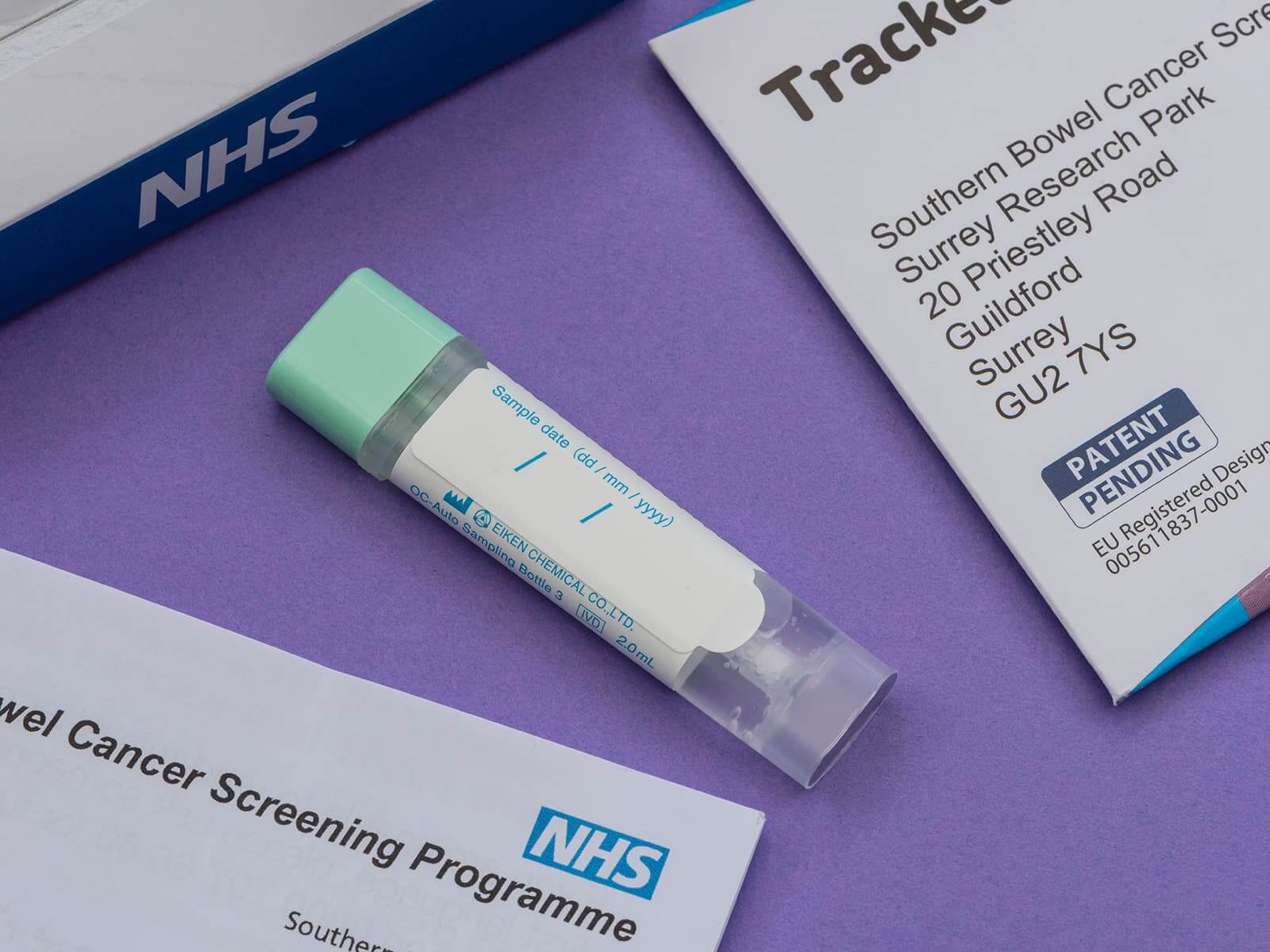
Fecal abnormalities are observable alterations in your own stool such as your stools content and structure that may indicate a digestive complication. They can consist of visible blood, excess fat, a characteristic odiferousness, or findings of special stool tests, showing inflammation or malabsorption.
Fatal abnormalities of feces may be represented by one or more of the following symptoms:
Abnormal stool may be produced as a result of a variety of circumstances and causes:
GastroDoxs in Houston has implemented the latest cutting-edge stool diagnostics along with caring and customized attention to meet all the requirements of fecal abnormalities. Your results are then interpreted by our board-certified gastroenterologists with everything explained to you in clear terms; a course of action he formulates depending on your off-duty schedule. With proper fecal occult blood and fat testing to specially-crafted nutritional recommendations and high-tech treatments, we want to help you get a balanced digestion state in your life and live with carefree living. Make the appointment now and make the first step towards getting clearer answers and relief long-term.
We've successfully treated more than 1.4K patients, helping individuals improve their digestive health and overall well-being through expert, personalized care.
With over 20 years of experience, GastroDoxs has been a trusted provider of gastroenterology care, focusing on delivering the best outcomes for patients
A positive fecal occult blood test is a positive test result that means that there is hidden (occult) blood in your feces that can be the result of bloody ulcers of any type in your digestive system. Repeat stool tests, endoscopy, or colonoscopy is referred to as further evaluation to determine the cause of bleeding.
The most prevalent ICD-10 code that was applied to unspecified fecal abnormalities is K92.8. The code aids healthcare providers to gain a follow up and charge conditions that are associated with abnormal stool appearance or behavior where all other specific diagnosis failed.
It is a sign that your body is not effectively digesting or absorbing fat since the stool is very high in fat which is called steatorrhea. They may be common with the likes of pancreatic insufficiency, reasons being gall-bladder disease, and celiac disease or other malabsorption syndromes.
Fecal lactoferrin is a white blood cell protein marker which is available in the stool when the gut becomes inflamed. High level of Lf can be an indication of inflammatory bowel disease (cronch or ulcerative colitis) or diarrhea due to an infection.
Occult (hidden) is the presence of blood in the stool that is not visible to the naked eye that is caused by bleeding in the digestive tract. It may be a sign of presence of polyps, ulcers, hemorrhoids, cancer, or inflammatory diseases and typically it should be followed up.
You need to observe a gastroenterologist in an occasion where there have been new or continuous bowel history modifications, unusual secret of blood in your stool, severe pain in the abdomen, unintentionally losing weight, or some other disturbing signs of digestive organisms.
Maintaining a stool record, with time, consistency, appearance, and symptoms (sensation/urgency/odor) with each bowel movement. Your doctor can use this log to detect patterns as well as possible triggers.
Yes. Fecal occult blood tests and fecal immunochemical tests have the capability of detecting microscopic blood or cancer biomarkers and they are non-invasion screening tests. A positive outcome normally evolves to colonoscopy to tell the final diagnosis.
The preparation required to complete most anal tests is minimal like not eating certain foods or taking of drugs some time before the test. Your doctor will offer special guidelines that will guarantee proper outcomes.
Yes. Enhancement of the fecal abnormalities with specific treatments such as, dietary changes, enzyme supplements, or use of antibiotics, probiotics, or anti-inflammatory medicines have been shown to be effective. Individualized care plan can deal with the symptoms and treatment of the causing condition in many cases.